We are suffering through a global pandemic, witnessing the largest upsurge of protest activity in a generation, and approaching the most important election of our lifetimes. With so much happening at once, it can often feel like we are in a whirlwind. That’s because we are, says Makia Green, a core organizer with Black Lives Matter DC and the head of the DC Working Families Party. They spoke with The Forge about the intersection between elections, organization building, political education, and social movements. How we navigate this moment is critical to our ability to redefine what is possible, Green argues, and to build the energy we need to effect radical change. These lessons are vital to sustaining ourselves through this simultaneously exhilarating and despairing moment — and to prepare ourselves for the many fights ahead. This interview has been edited and condensed.
Tell us a little bit about yourself.
I got politicized during the Black Lives Matter uprising around the murder of Michael Brown. I moved to DC in 2015, and I became the volunteer community organizer with organizations like Black Youth Project 100 and Black Lives Matter DC. After putting in two years of direct action support and just learning the ropes of organizing, I took on more leadership and became a core organizer with Black Lives Matter DC. I spent a lot of time being an underemployed activist, as many people in our movement are. But I did that because I recognize that jobs I had taken with nonprofits never allowed me to do more radical community organizing to hold those in power accountable.
In 2019, I started working with the Working Families Party. Some of the other work that I do is with Momentum, which is a training organization around how to build popular social movements that take some of the best lessons from structure-based organizing and the mass protest movement, especially Occupy Wall Street and Black Lives Matter. How do we build a social movement that can be a hybrid of these two traditions? I've been a lead trainer for Black Momentum as well as a trainer for POC Momentum, where we bring about 60 organizers from across movements together to be in principled struggle about our craft.
Tell us more about Momentum. I know you all talk a lot about the seasons of organizing. What does that mean and how has that played out here in DC through some of the recent protests?
We have the cycle of momentum that we see with social movements. So looking at right now, you can see that we are in a whirlwind. There's a trigger event, something that triggers mass action in the community and reveals a deep, dark truth about our society. And then you see escalation.
When you look at what's happened with George Floyd, we have a trigger event, and then that mass escalation of people taking to the streets. And then taking to the streets across the world to make Black Lives Matter one of the largest protest movements that we've ever seen in this country.
The third piece of the cycle of Momentum is bringing people into organizing. In Momentum, we train movement leaders on how to be intentional about that cycle, so that you're consistently building momentum to win your fight.
What are some of the challenges of moving folks through those cycles?
It depends on where you're from. The Black Lives Matter movement is a part of the mass protest tradition. So the escalation part — from trigger to escalation — we do really well. And we understand how escalation works, in the sense of increasing the sacrifices that you make and increasing the disruption in order to polarize the public.
The harder part is the absorption. Being able to absorb, being able to take breaks, being able to not burn out, trying actions that are replicable, that kind of stuff. I think that that's also deeply connected to the nonprofit industrial complex. Grassroots organizations don't always have a full mailing list, don't always have different ways to bring on volunteers. That is one of the harder parts, to remember to have a signup sheet, to remember to bring people into leadership when you're just going, going, going in protesting.
I've seen difficulties for more structure-based organizations, who do absorption really well, but at some point start with absorption. Putting out a petition when they see a moment happening, but: how are they escalating? So that you're not just doing the same petition, emailing your council member, all of these things that are really focused on the decision-maker. That's another key thing about Momentum. We should be framing our movements to target the public, not just the decision-maker, and using a social view of power.
As you mentioned, you're also a core organizer with Black Lives Matter here in DC. These last few months have just been incredible. I can't remember the last time I've seen people take it to the Council and the Mayor as hard as folks have been doing lately. Can you tell us what the last few months have been like from an organizing perspective? How did you respond to the upsurge in protests? How did you decide on the local actions you were going to take?
With the upsurge in DC happening right as we were coming into our new budget season, it was a whirlwind feeling. One of the first things that we saw, when we knew that people were protesting at the White House for national things was, how do we make sure that all of this energy that's happening will really center and uplift the names and the stories of people who've been killed by police in DC?
One of our first actions was to go to the protests and introduce ourselves to people who are just now being politicized, introduce the work that we've been doing in DC, and introduce the families. So, that was one of the first things. Another thing was providing care. Working with Mutual Aid Network, working with other activists to make sure there were safe houses, make sure that there were supplies.
And then, in framing the moment, that is one of the beauties of being connected with a national network. Black Visions [Collective] put out their demand of defunding the police. We then checked in with our Movement for Black Lives, who were like, "We're all going to do this together."
Everything was happening so fast. Protests were happening, repression from MPD, park police, and then repression from Trump and the federal government as well. You had the Swann Street kettling that happened and a lot of our folks were out there, where we were just providing care. You had the mass tear gassing and brutalizing at Lafayette Square.
After those things happened, when Mayor Bowser decided to write Black Lives Matter on 16th street, we were like, "Oh, this is our moment to interject and actually reframe." So, we painted “Defund the Police” on the street. We worked backward from there. Making a petition, bringing people in, absorbing folks, setting up trainings so that people can testify at the budget hearings. There were 15,000 folks who submitted testimony, which is wild to me. I really wish that the Council would print out all the emails. We organized from there and just continued to have sustained action, whether through art, protest, car caravans, trainings. And now we're in a place where we're ready to talk about what's next.
When you added the “equals defund the police” to the Mayor's mural, I thought it was one of the best interventions I've seen against allowing elected officials to co-opt radical language and messaging. Tells us a little more about what this would look like in practice. What does it mean to defund the police? How do you take people who either don't understand the issue or don't support it and move them to where you need them to be to win?
Having a large symbolic demand [like defunding the police] allows space for more instrumental demands to be possible and allows space for more people to come into your movement. DC is in a unique place because we did the work of bringing forth the NEAR Act. So we were also able to say, "Divest from policing and invest in things that actually keep us safe, like violence interruption, like housing, like mental health support and public housing.” That's always been our demand. Divest in policing, invest in Black communities. And defund the police provided a specific type of tactic, of actually having your council cut pieces of their budget. What it looks like for DC is not just giving the police less money to brutalize people with, but to actually disempower the police state and empower communities.
You mentioned that 15,000 people submitted testimony to defund the police here in DC. That has got to be a record. And still the Council did not vote to defund the police. They voted to reduce their increase to the budget. One Councilmember even scoffed at the idea of listening to her constituents. You're also an organizer with the Working Families Party. Let’s talk about the relationship between movement building and electoral organizing and why we need to create independent political power to translate the work that movements do into institutional change.
The work that we did to get that 15,000 testimonies was about saying, "This is your responsibility. As an elected official, you're not watching this on TV. It is your responsibility to actually keep us safe." The fact that there are council folks that ignored their constituents was some of our work because our job is to reveal the contradictions with elected leaders. I don't believe that the state is going to give us all of our freedom, but I'll be damned if we don't shame the hell out of them for not doing what they say.
What’s the connection between being a community organizer and working on elections? I was the organizing director for Janeese Lewis George, who ran on a platform of supporting social services, housing, tenant rights, and public safety, and was known for being a supporter of divesting and defunding the police and investing in violence interruption as a solution for a violent crime. She won by double points. When I was in that campaign, I continued to find myself wanting to organize people around issues. There were definitely moments where I could have made a choice to, “Let's just not talk about that really radical idea we have, so that this group of people who don't like it will vote for us.” But that's actually not what strong politics look like, and that's not actually what the mass movement of people want. We want people who are honest, who are radical from jump.
What did radical political education and community organizing look like on an electoral campaign? What made it hard? For other folks who want to do that, what lessons can they take away from your experience on Janeese's campaign?
We made the campaign a vehicle for community action. It wasn't just, "Oh, join the campaign and get this person elected." It was, "Join the campaign and fight for rent control." Elections are a litmus test for your issues. In a movement, we don't often organize at such a level. Can you move 10,000 people in your issue area? Unless you're doing a ballot campaign, most times we don't organize at that kind of scale.
How has organizing changed during the pandemic and what have some of the challenges been? I also imagine that, in some ways, the pandemic has created new opportunities. What have those been?
The pandemic is another trigger event. Using the momentum theory, I'm aware that the pandemic is another whirlwind, that we have the opportunity to frame this moment to show that it isn't just about us not wearing masks, that it's actually revealing the broken system that we live in that doesn’t support Black people in marginalized communities. This pandemic only reveals it and brings it to its knees. People are seeing how the systems that say they're there to help marginalized communities are failing. Folks are willing to volunteer, provide lots of funding for social movements who are willing to experiment with mutual aid, who are willing to take responsibility for our community.
The challenge is we're literally going through the worst pandemic that many of us have ever experienced. People are experiencing deep, personal and individual traumas on a daily basis. It has been difficult to organize while also having friends who lost people to COVID, being afraid of getting sick myself, and knowing that the state is not here to protect me and keep me safe and keep my family safe. I have family that I support and that has been difficult because we all need more right now. We're living in a country that does not want to give us more.
But I've also seen people who are willing to risk it all for freedom, for the idea that we could live in a better city and that we could live in a better world.
With elections, everything moved to virtual, so you're not knocking on doors. That means that if you have more money, you can have a better digital team, and that hurts working-class movements. I saw a 75-year-old woman learn how to use Zoom. When I say learn how to use Zoom, I mean, stayed on the phone for hours. "I am going to get this. I want to make this meeting. I want to volunteer. This campaign is important to me and I'm going to learn how to do it." That type of commitment, that type of passion and connection makes all of the struggles, the inconveniences of this pandemic, it makes me hopeful.
Do you have any parting words of advice for activists and organizers?
We've been in whirlwinds before. We're just experiencing multiple trigger moments, where something reenacts more energy. It can be really dizzying. You can have feelings of, "Wow. Everything is going to change tomorrow. I'm not paying my bills. I'm not doing this because all this is coming crumbling down." It's important to be present and to name that this is actually something that happens with a whirlwind. You have your peak moments and then you have a moment of disillusionment, where people see the limitations of the state. I would motivate people to not despair but to actually recommit yourself to, "That is why it's so important that we stay in movement and that we continue to try and transform and reimagine the world." Because we know that the state is not going to give us what we want, and the doors of the movement are open.
There are many people who are not politicized in this way about abolition, about defunding the police and about Black Lives Matter, about direct action itself. And this whirlwind provided the opportunity to be politicized. So, get to work.
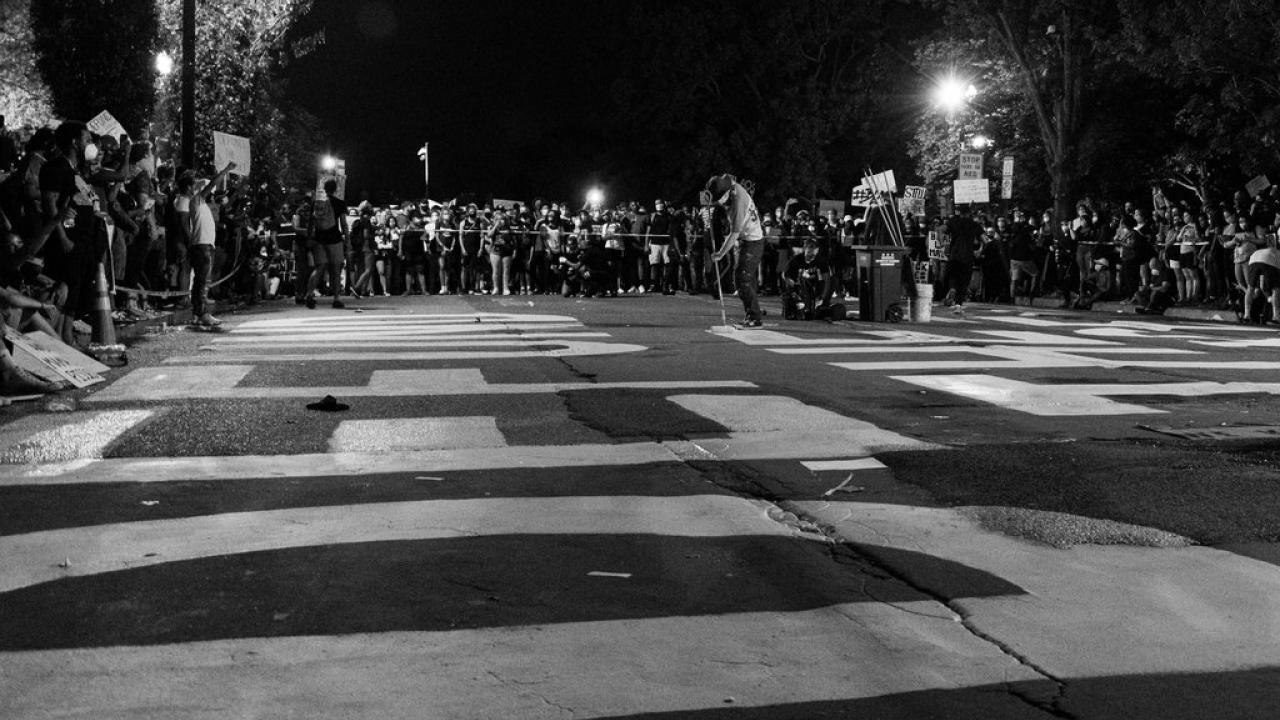
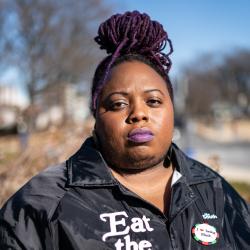
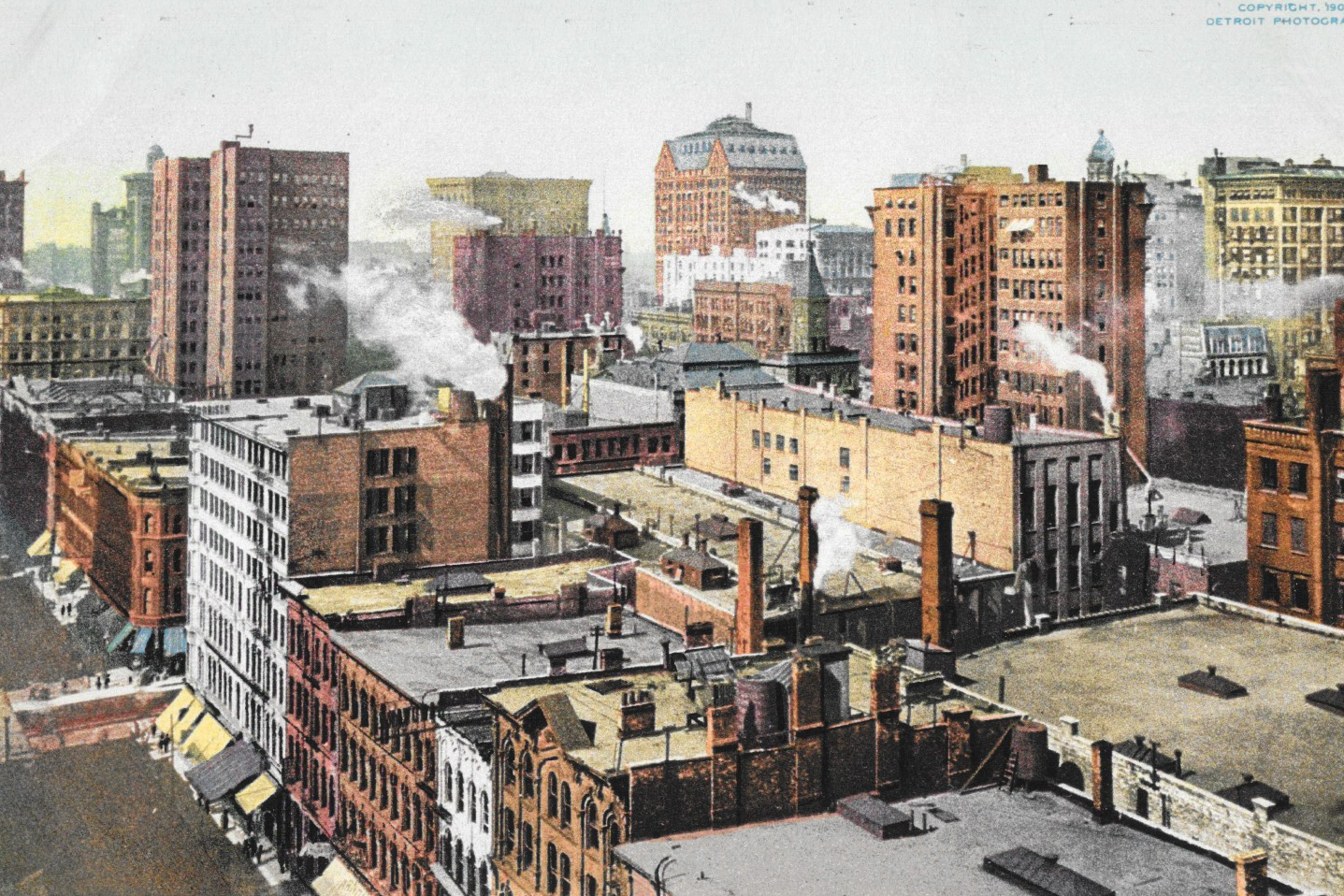
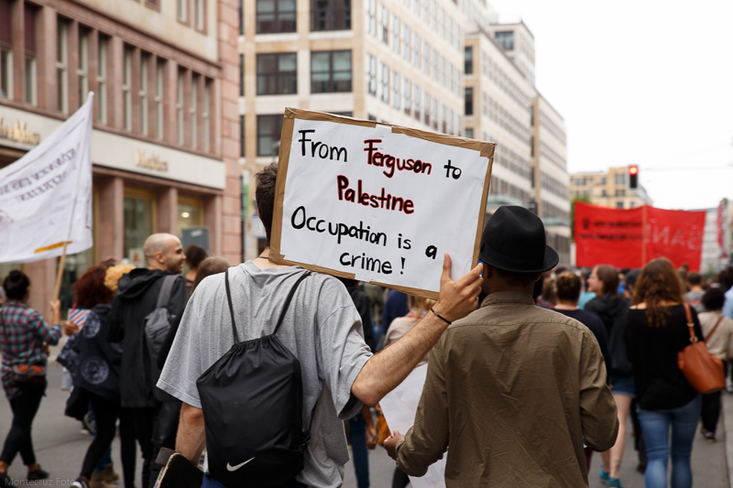
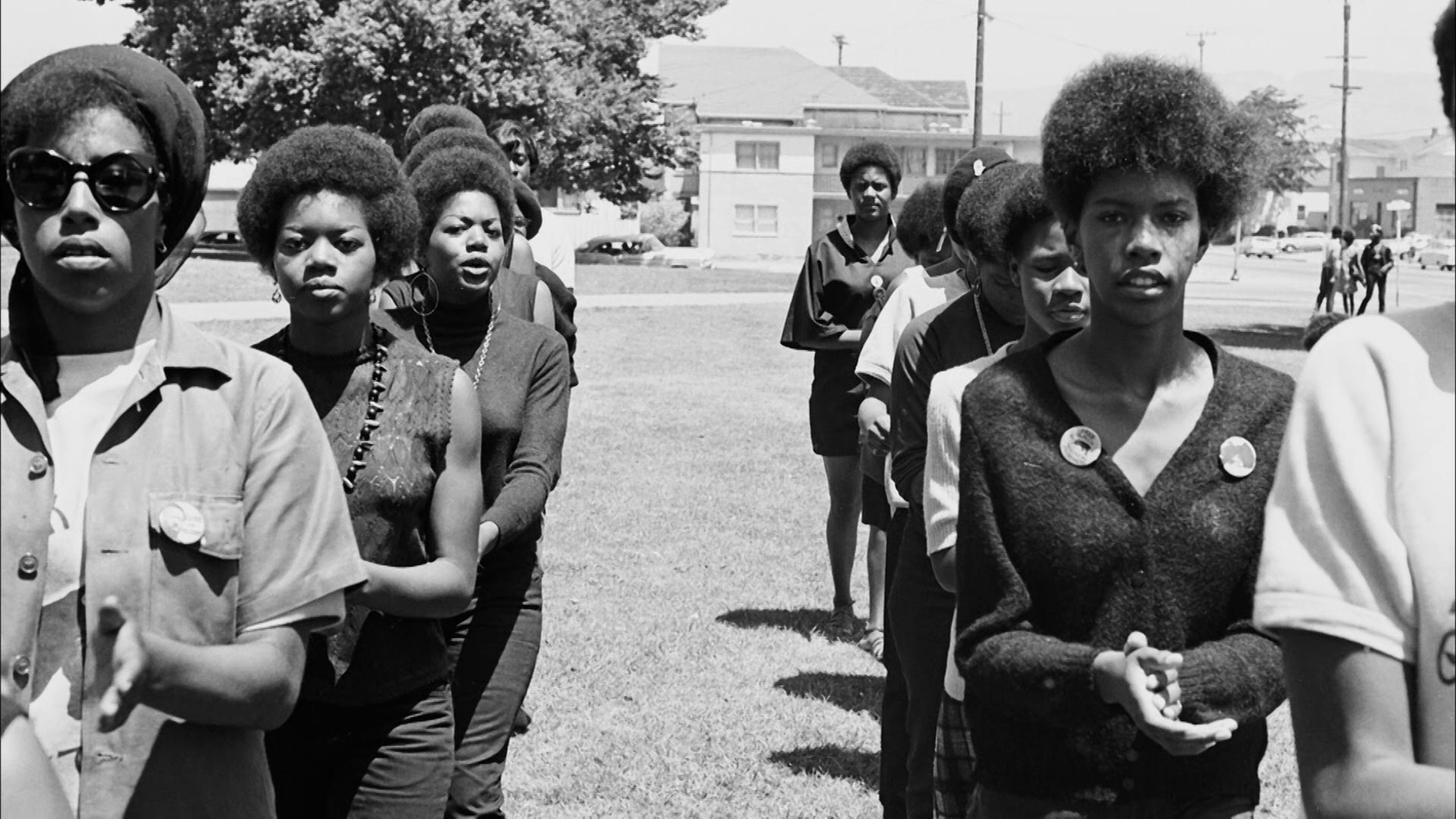
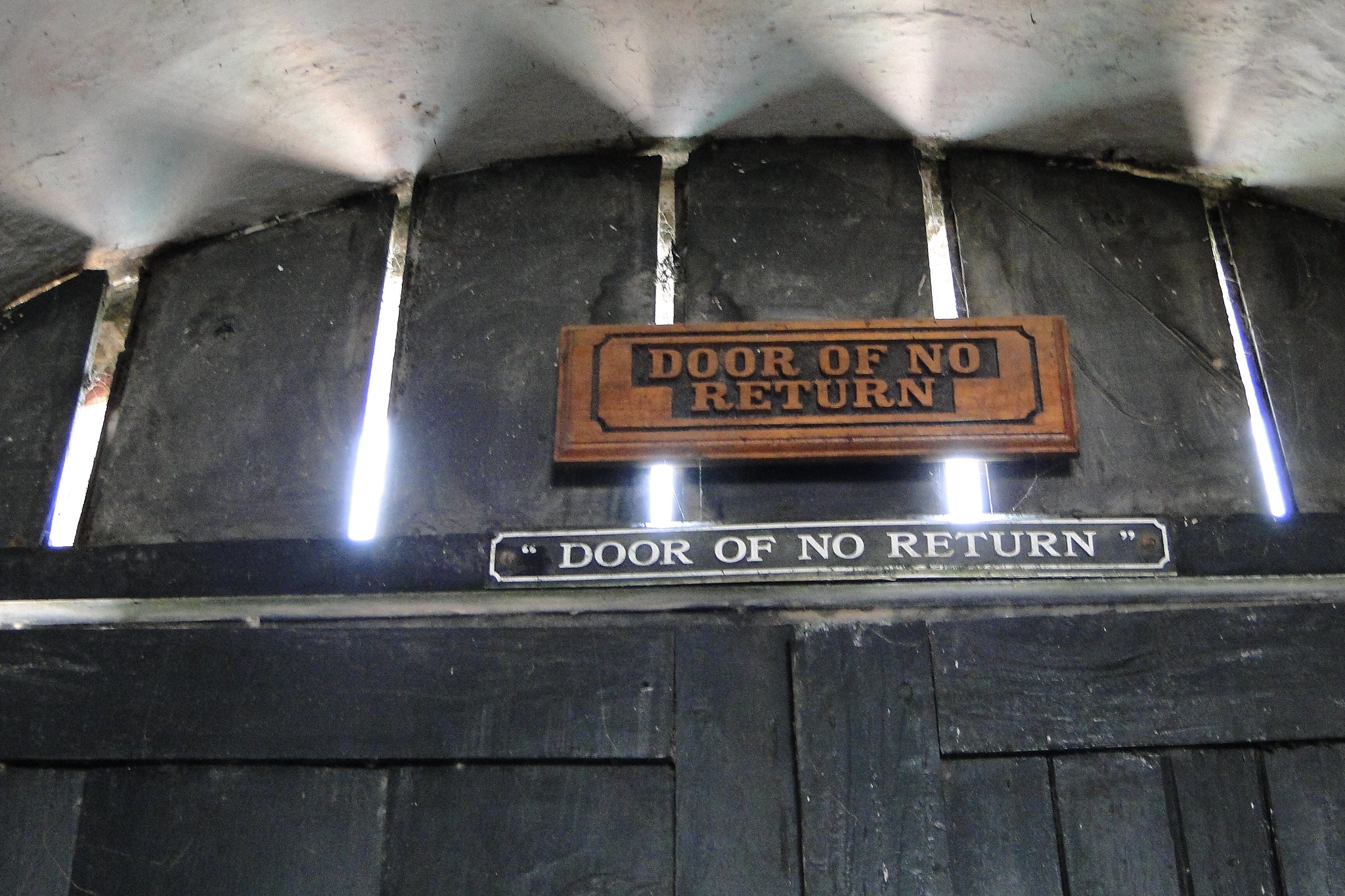
Become a Sustaining Donor to The Forge!
The Forge is built by and for organizers. Though we’ve raised a bit of startup money to build the site, this publication and community will be only as strong as we, together, make it.
Please click below to become a sustainer. When we have some cool swag, you’ll be first in line!
DonateRelated Articles
How to Build a New World, Locally
Ferguson, Palestine and “The Most Important Election of Our Lifetime”
Will the Revolution Be Funded?
From the Traumas of America to the Shores of Africa: A Journey of Self-Healing
Get the latest articles sent to your inbox